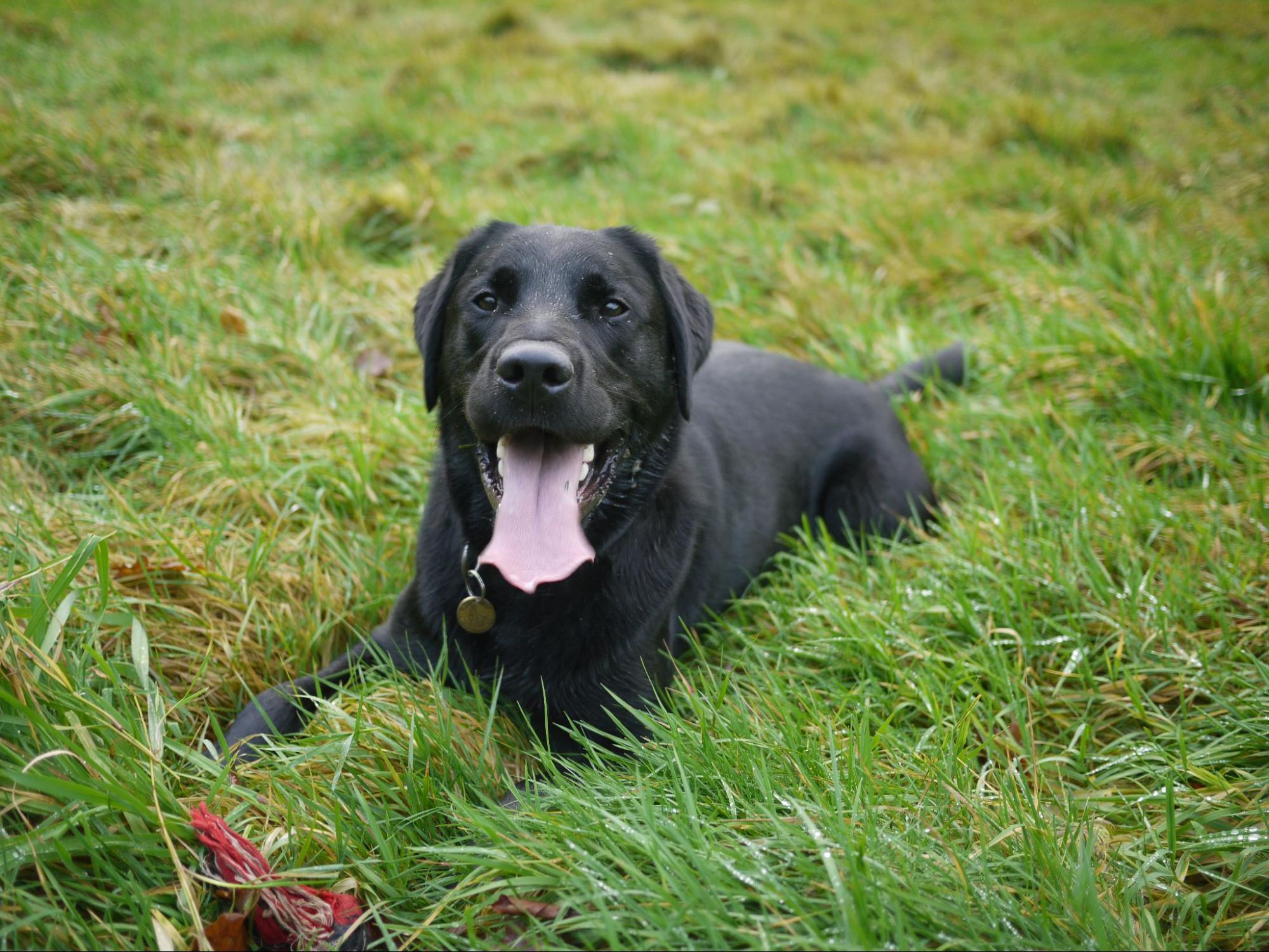How To Stop Dog From Lunging At Other Dogs
Lunging is often a result of fear, anxiety, or a lack of socialisation. It’s important to understand why your Labrador is exhibiting this behavior in order to address it effectively. By providing proper training and guidance, you can help your Lab overcome their fear or insecurity around other dogs.
One of the key dangers of Labrador lunging is the risk of aggression escalating into an actual fight between dogs. This can lead to injuries not only to the dogs involved but also to any humans attempting to intervene. Additionally, if your Lab manages to break free from their leash during a lunge, they could potentially run onto a busy street or get into other hazardous situations.
In the following sections, we’ll explore practical techniques and strategies that will help you put an end to your Labrador’s lunging behavior while ensuring their safety and promoting positive interactions with other dogs.
So let’s dive in and learn how we can stop our Labs from lunging at other dogs!

Understanding Labrador Lunging Behavior
Labrador lunging behavior can be concerning and potentially dangerous for both the dog and their owners. It is essential to understand why Labradors lunge at other dogs in order to address this issue effectively.
1. Fear or Anxiety
Lunging behavior in Labradors may stem from fear or anxiety. Some Labradors may feel overwhelmed or threatened by the presence of other dogs, leading them to react by lunging. This behavior often occurs as a defensive mechanism to establish distance and protect themselves.
2. Lack of Socialization
Insufficient socialisation during a Labrador’s early development stages can contribute to lunging behavior. If a Labrador hasn’t been exposed to various dogs and environments, they may become fearful or reactive when encountering unfamiliar dogs.
3. Protective Instincts
Labradors are known for their protective nature, which can manifest as lunging when they perceive a potential threat towards themselves or their owners. This instinctual response aims to ward off perceived dangers and assert dominance over the situation.
4. Leash Reactivity
Leash reactivity is another common cause of Labrador lunging behavior. When restrained on a leash, Labradors might feel frustrated due to limited mobility, resulting in increased arousal levels and reactive responses towards other dogs.
5. Lack of Training and Reinforcement
In some cases, lunging behavior in Labradors may arise from inadequate training or inconsistent reinforcement of desired behaviors around other dogs. Without proper guidance and positive reinforcement, Labs may resort to undesirable behaviors like lunging.
To address Labrador lunging behavior effectively, it’s important to consult with a professional dog trainer who specialises in behavioral issues. They can provide tailored strategies such as desensitisation exercises, counter-conditioning techniques, and obedience training that specifically target the underlying causes of your Labrador’s lunging behavior.
Remember that addressing labrador lunging behavior requires patience, consistency, and understanding. With the right approach and guidance, you can help your Labrador become more comfortable and confident around other dogs, ensuring a safer and more enjoyable experience for everyone involved.